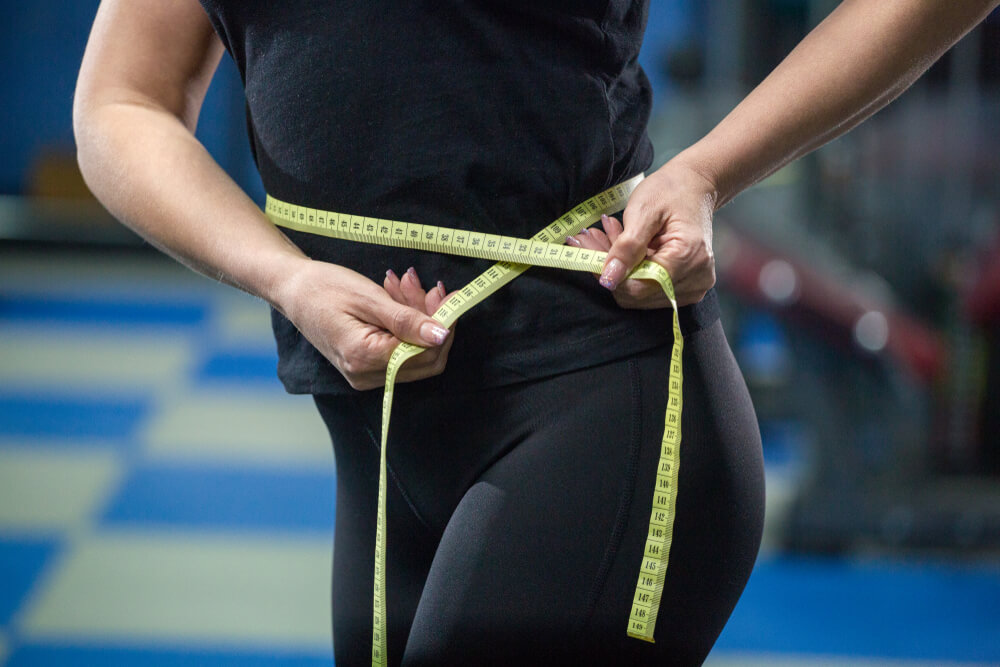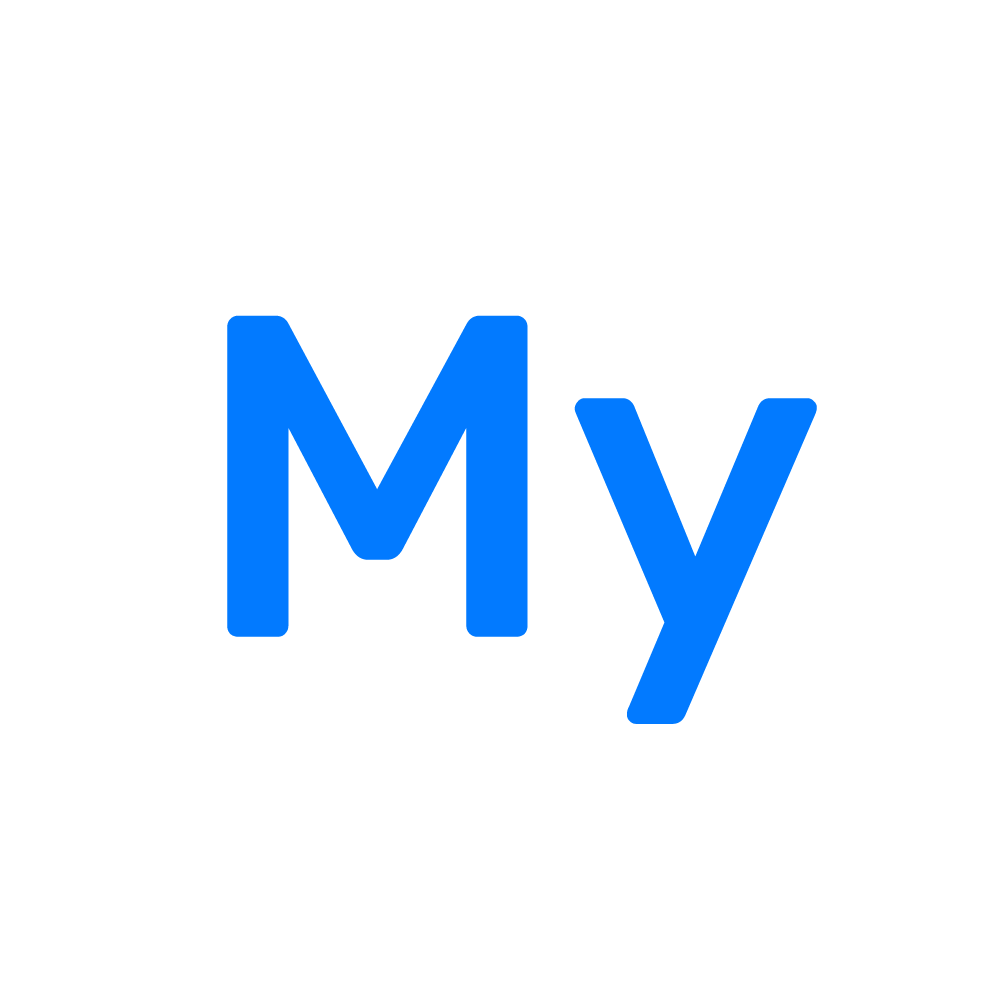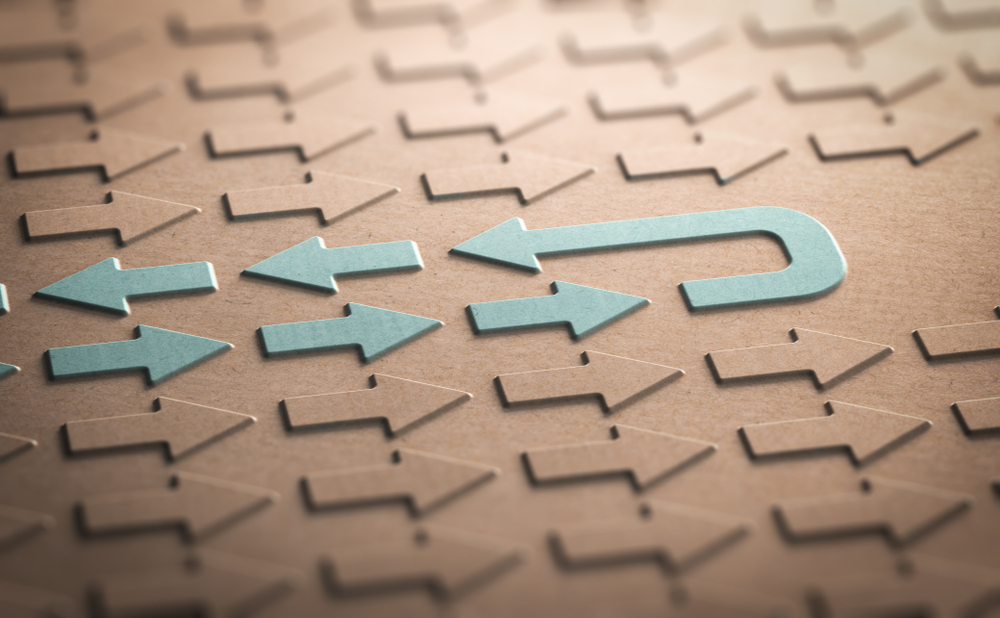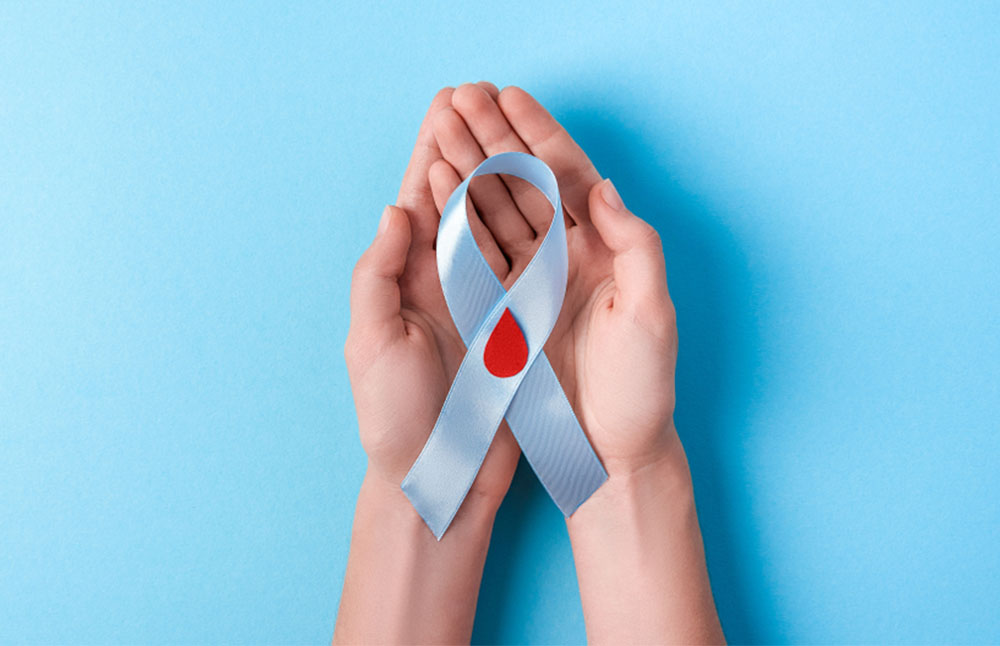
Is a Weight Loss Tracker Effective for Weight Management?
There are many weight tracking methods currently employed by millions of people across the globe. Some are based on personal inspiration, while most are due to health experts’ recommendations. Whichever is the case, the goal is to achieve a high level of fitness and prevent the complications of being overweight.
The good thing about weight loss methods is that there are proven options among the hundreds available. One of these options is the use of weight loss apps or calorie-tracking apps.
Weight loss apps continue to grow in number and are quickly becoming a norm among fitness enthusiasts and people with overweight. The increasing digitalization of these apps has made them accessible from any part of the world.
As expected, though, with the growth in digital weight tracker apps, questions on their effectiveness continue to surface. Studies have also proven if they’re indeed effective and can help people with their weight tracking and management goals.
To proffer answers to this question, this article explores the nature of digital weight trackers, the most popular weight loss and management apps, and finally, how weight tracking apps interact with top weight management methods.
The Role of Digital Apps in Weight Tracking
Weight tracking apps are the go-to do-it-yourself (DIY) option people with weight goals continually opt for.
There are different types of digital trackers. However, a top app usually doubles as a body fat percentage and calorie counter app as well as an underlying disease monitoring app. This means that such an app helps people in their weight loss journey and prevents an underlying disease from worsening.
These types of weight trackers provide nutrition information that works well with the condition a person has as they seek to establish effective weight control. Some weight tracking apps also include exercise tracking features that encourage a fit and healthy lifestyle.
Digital weight trackers have become a very viable option, with many having multiple features such that they handle the role of a traditional diet coach effectively. While there have been questions about how effective digital weight tracking apps are, there are proven studies about their effectiveness.
A study titled Comparing Self-Monitoring Strategies for Weight Loss in a Smartphone App: Randomized Controlled Trial gives an idea of how effective these apps can be when used correctly.
The study was a controlled trial involving randomly selected participants who were either overweight or obese. The respondents were 105 with an age range of 21–65 years. The body mass index (BMI) ranged from 25 to 45 kg/m2.
All participants were subjected to a 12-week weight loss program with the MyFitnessPal app being the tool for monitoring the changes and improvement. The goal was for the respondents—shared into a group of three—to self-monitor any the following:
- Weight and diet on a weekly basis with actions plans, lessons, and feedback (simultaneously considered)
- Weight though the fourth week, then with added diet (sequential)
- Monitor the effect of just the app
All three groups aimed to lose up to 5% of their weight at the time in 12 weeks. Every respondent received a tailored calorie goal and automated reminder in the app.
The researchers recorded respondents’ engagement which was defined by the days in a week that patients inputted entries in the app. A respondent must have an entry equal to or greater than 800 kcal per day for data to be calculated. Also, the participants’ weights were noted at the start of the trial and after 1 month (4 weeks), 3 months (12 weeks), and 6 months (24 weeks).
The study result showed that only 100 participants were qualified to go on with the study. Of these 100 participants, 84 returned for the 1-month visitation. By the end of three months, only 76 out of 10 returned.
The analyses showed a significant change in participant weight irrespective of their groups. However, the comparison of the results from the three groups after three months didn’t show any significant weight difference.
The results clearly showed that people could stick with weight-tracking diet plans provided by a weight loss app (third group) and enjoy the same result as those that track weight as well (either concurrently or sequentially) with the aim of achieving quicker results. It’s important to note that the MyFitnessPal app used has been proven to be designed by experts, and only similar expert-made apps may offer these results.
From the study above, it’s clear that the type of app used for tracking weight is extremely important. Different great apps are proven to track and manage weight excellently. The next section will highlight the significant ones.
Top Weight Tracking Apps
This section considers the best weight loss apps currently in the market. While many factors and metrics determine a good weight tracking device, weight data on caloric intake is one of the most important features.
Fats consumed are also very important, and the good thing is that most of these apps provide reports on these factors. This list includes fitness apps, diet apps, weight-related disease tracking apps, and multiple tracking tools features.
Klinio App
The Klinio app is a diabetes management app that attempts to make it easier for people with the condition to get the right food that works for them. This app helps people know the right food that doesn’t increase sugar but is full of nutrients that the body needs. It was designed by experts and has been tested to work for both short- and long-term conditions.
While the Klinio app focuses on helping diabetes and cardiovascular patients know the right food to eat, the recommended meals also work well with weight loss. The food is highly nutritious and low in cholesterol levels, making the app one of the best diabetes and weight loss apps available in the market currently.
So if you’re diabetic, Klinio is arguably the best weight loss app that encourages weight management and control.
Lose It! App
Lose It! is one of the top user-friendly apps that ensures weight loss and better health. This app counts the number of calories consumed daily and records how much is burnt out. The app is expertly designed to use users’ current weight, exercise habits, age, and desired goals to determine which calorie is best for them.
Users can get up to 33 million foods that work well with weight management. However, you should know that these food suggestions are strictly for weight management and aren’t intended to target other diseases like the Klinio app does with diabetes. Adding additional foods to the app is possible if you don’t want to search through its food library.
An additional feature of this app is the graphical reflection of weight change. With decreased weight, the graph moves downwards. On the contrary, if you aren’t following your diet goals, the graph moves upwards as your weight increases.
This app is a subscribed version, and the payments range differs as the services and features you want will determine the price range.
MyFitnessPal
MyFitnessPal digital app is one of the more popular app options currently available to smartphone users. The app does exactly what its name suggests — help users achieve fitness through healthy choices.
This app doesn’t just focus on exercises; it’s more of a weight counter. It has the cliché calorie counter that most weight apps have, so it’s basically a weight management app.
The app keeps track of the nutrition information of up to 11 million foods and considers many restaurants globally. This means you’re more likely to find any food that you like on the app and know if it’s healthy or not.
This app also includes a message room for all users to share their ideas and help each other with the latest tips to handle their different weights. It’s a subscribed app as well with different payment ranges.
WW App
The WW app—formerly called the Weight Watchers mobile tracking app—is a top weight checker that helps users with their weight goals. It includes different services that, when implemented religiously, lead to a significant reduction in a person’s weight. This app is well known for its high focus on weight loss by reducing fatty foods.
The app has points that define different weight goals. The ZeroPoint is designed for users willing to follow a strict food timetable, including vegetables, fruits, and lean proteins. The good thing about the WW app is that different studies reinforce its effectiveness for people who desire to lose weight.
Are Free Weight Loss Apps Also Effective?
Most top-rated weight tracking apps that you’ll come across, or recommended ones, will require a subscription. While it’s possible to find free apps with services that can help manage weight, you should understand that the services most of these apps offer are extremely limited. Namely, you won’t be able to enjoy personal and updated information as most software developers will restrict these features.
A free weight tracking app designed by medical experts and professionals will most likely have a catch to it. It may require that you go for premium paid services to access certain features, which require running expenses to function adequately.
So what customers should know is that free apps will always have limited services that may make them archaic in the long term. This is evident in beneficial areas of the ever-updating food recommendation and new diet breakthroughs researchers make daily.
Any top app you’ll get will definitely require that you subscribe to enjoy its services for effective weight loss. The good thing is that these subscriptions don’t cost much compared to their benefits. Most are generally below $100 for yearly subscriptions.
Weight Loss Apps and Intermittent Fasting
While a good weight loss tracker works well with controlling weight, its compatibility with other specific targeted weight programs is vital.
You can take certain measures when using a weight loss app to pursue your desired weight, and one of the most important is intermittent fasting. Intermittent fasting is an advanced weight management control that helps people control their food intake and ensure they eat only healthy recipes.
A common concern that people have is if digital weight loss apps work with intermittent fasting. The following sections offer answers to that by considering what intermittent fasting is and possible inclusion for someone using a weight loss tracker.
Intermittent Fasting — A Brief Overview
A weight loss diet focuses on the food we eat, while intermittent fasting focuses on the time we eat. Intermittent fasting is a pattern of eating where you eat once in a couple of days or fast for some hours every day weekly.
Intermittent fasting is done differently, but all its methods boil down to regular fasting and eating periods. For instance, you could choose to eat once daily every two days or eat for eight hours daily and fast during the day’s remaining hours. Intermittent fasting aids weight loss during a metabolic switch that happens to the body.
When you stay without food for some hours, the body uses up all the sugar in its storage, and without sugar to function with, it starts to burn body fat.
Intermittent Fasting Diet Plan
People are advised to see their doctor before choosing the best intermittent diet plan. Once you get your doctor’s approval, you can start with a daily food restriction for 1–8 hours daily.
For example, you can start with the 5/2 method, which involves eating without restriction for five days and restricting yourself to one meal containing 500–600 calories for the remaining two days of the week. With this plan, you can eat normally from Monday to Friday and eat once daily on Saturday and Sunday.
The 16/8 method is also a popular intermittent fasting plan where you fast for 16 hours and eat for the remaining eight hours of the day. This method is very popular because it’s adaptable in the long term.
Other longer-lasting periods are used in intermittent fasting like the 72, 48, 32, and 24 hours fasting periods, which might be dangerous for you. This is because staying without food for too long causes the body to store more fat due to starvation.
However, it takes the body about 2–4 weeks to get used to the change accompanying intermittent fasting. This could cause you to feel cranky or hungry when getting accustomed to the method. But once you get used to the adjustment, you’ll be able to stick with it and start to feel better.
Intermittent Fasting, Weight Loss Apps and Underlying Conditions
Intermittent fasting does more than burn fat. This is because of the changes it introduces into the body — a metabolic switch that affects the brain and body. This results in a leaner, healthier body, a sharp mind, and a longer life-span.
Intermittent fasting also helps protect the organs from heart disease, several types of cancer, neurodegenerative disorders, and bowel diseases. This weight loss method is known to work well in preventing obesity and promoting verbal memory.
Intermittent fasting is very effective for people that have diabetes as well. With less time spent eating and a good break between the last meal and bedtime, people with the condition can effectively deal with the symptoms and prevent the complications that it causes.
Summarily, intermittent fasting and weight loss apps pursue the same goal, and experts recommend the duo as they go hand in hand. Still, you may need your doctor’s advice to help you determine the best intermittent fasting plan for you to lead a healthy life.
Conclusion
Top weight loss apps do more than just track weight. Proper application of their features can help better manage other related issues and underlying conditions that worsen due to being overweight.
People with more weight are usually vulnerable to diabetes, heart diseases, infections, cardiovascular diseases, etc. With a decent subscription or free weight loss app, many people can counter the effects of these conditions without really focusing on them.
Some apps are more direct, targeting certain underlying conditions while also enhancing weight loss. For example, diabetes meal apps, like Klinio, target calorie and sugar consumption from food intake.
While these apps focus on making life close to normal for people with diabetes, they also help control weight increase and obesity. With this being the case, people should go for a top weight loss tracker that’s been proven to work to get the best benefits.







